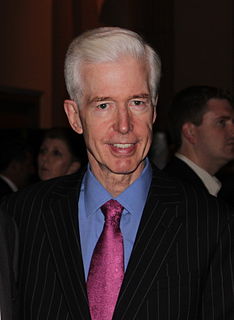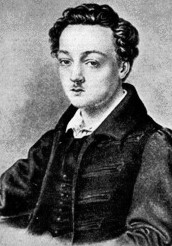A Quote by Aristotle
In a democracy the poor will have more power than the rich, because there are more of them, and the will of the majority is supreme.
Related Quotes
You will find out that Charity is a heavy burden to carry, heavier than the kettle of soup and the full basket. But you will keep your gentleness and your smile. It is not enough to give soup and bread. This the rich can do. You are the servant of the poor, always smiling and good-humored. They are your masters, terribly sensitive and exacting master you will see. And the uglier and the dirtier they will be, the more unjust and insulting, the more love you must give them. It is only for your love alone that the poor will forgive you the bread you give to them.
We notice that the mind is a restless bird; the more it gets the more it wants, and still remains unsatisfied. The more we indulge our passions the more unbridled they become. Our ancestors, therefore, set a limit to our indulgences. They saw that happiness was largely a mental condition. A man is not necessarily happy because he is rich, or unhappy because he is poor.... Millions will always remain poor.
The great question for our time is, how to make sure that the continuing scientific revolution brings benefits to everybody rather than widening the gap between rich and poor. To lift up poor countries, and poor people in rich countries, from poverty, to give them a chance of a decent life, technology is not enough. Technology must be guided and driven by ethics if it is to do more than provide new toys for the rich.
God wants us to show compassion and understanding toward the unemployed or the poor not because they are poor, but because poor people, with help from those who are already successful, can become rich. And when the poor become rich, all will benefit, because in our modern economy new unemployment is the first sign of economic growth.
Democracy's premise rests on the notion that the collective wisdom of the majority will prove right more often than it's wrong; that given sufficient opportunity in the pursuit of happiness, your population will develop its talents, its intellect, its better judgment; that over time its capacity for discernment and self-correction will be enlarged.
I had come to see that the great tragedy in the church is not that rich Christians do not care about the poor but that rich Christians do not know the poor...I truly believe that when the rich meet the poor, riches will have no meaning. And when the rich meet the poor, we will see poverty come to an end.
At first it was the incomes of corporations, then of rich citizens, then of well-provided widows and opulent workers, and finally the wealth of housemaids and the tips of waitresses. This is all in line with the ability to pay doctrine. The poor, simply because there are more of them, have more ability to pay than the rich.
It is easy to say that there are the rich and the poor, and so something should be done. But in history, there are always the rich and the poor. If the poor were not as poor, we would still call them the poor. I mean, whoever has less can be called the poor. You will always have the 10% that have less and the 10% that have the most.
Suppose a nation, rich and poor, high and low, ten millions in number, all assembled together; not more than one or two millions will have lands, houses, or any personal property; if we take into the account the women and children, or even if we leave them out of the question, a great majority of every nation is wholly destitute of property, except a small quantity of clothes, and a few trifles of other movables.
In capitalist society we have a democracy that is curtailed, wretched, false, a democracy only for the rich, for the minority. The dictatorship of the proletariat, the period of transition to communism, will for the first time create democracy for the people, for the majority, along with the necessary suppression of the exploiters, of the minority.










































